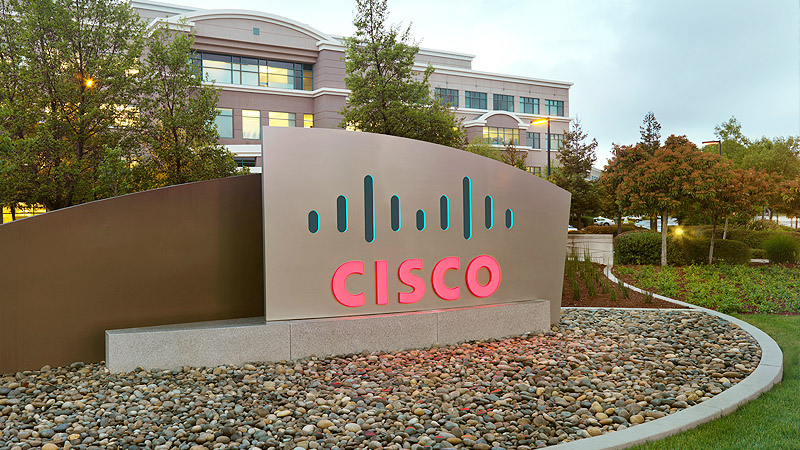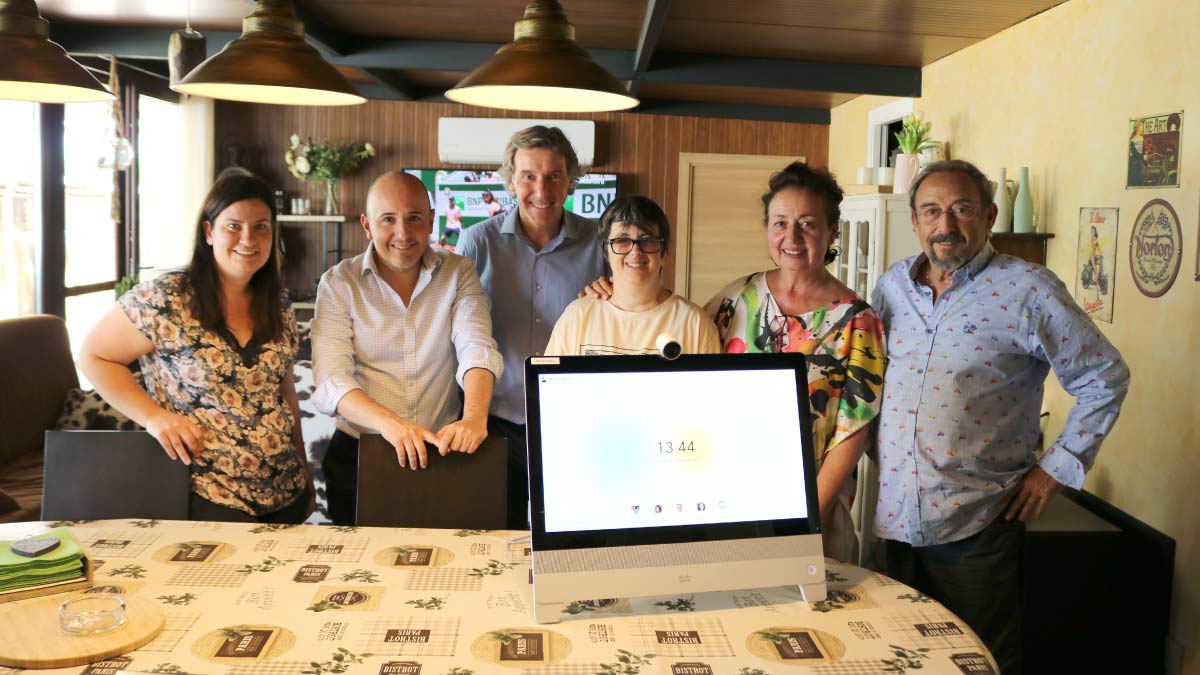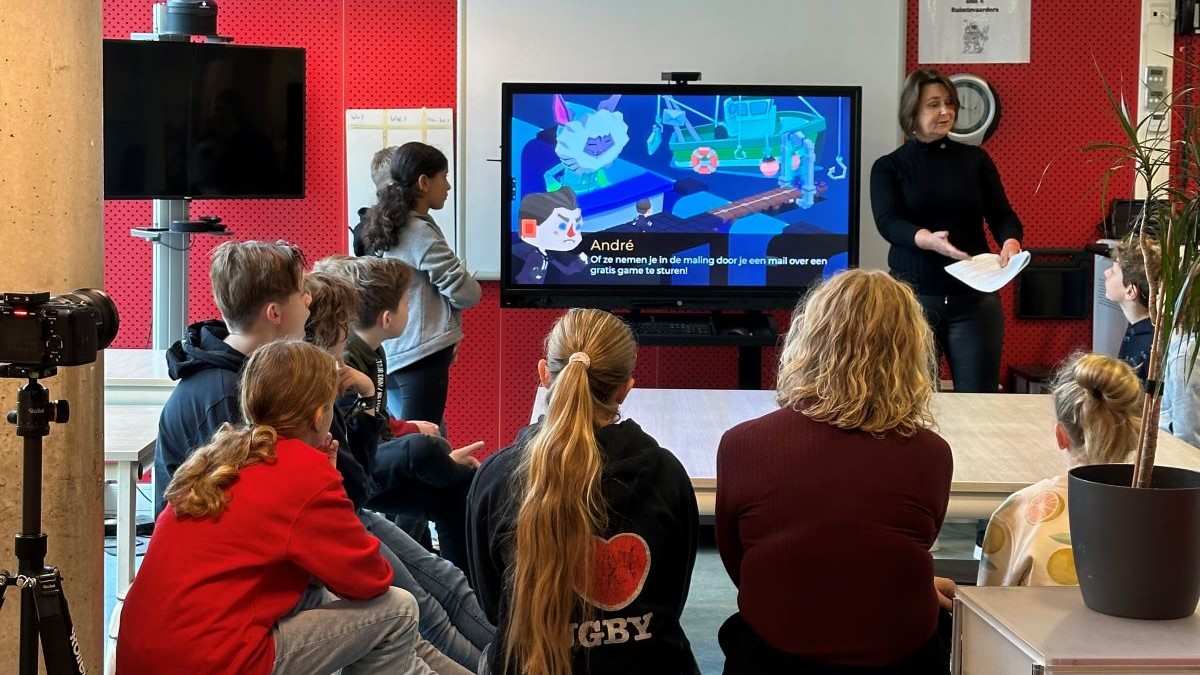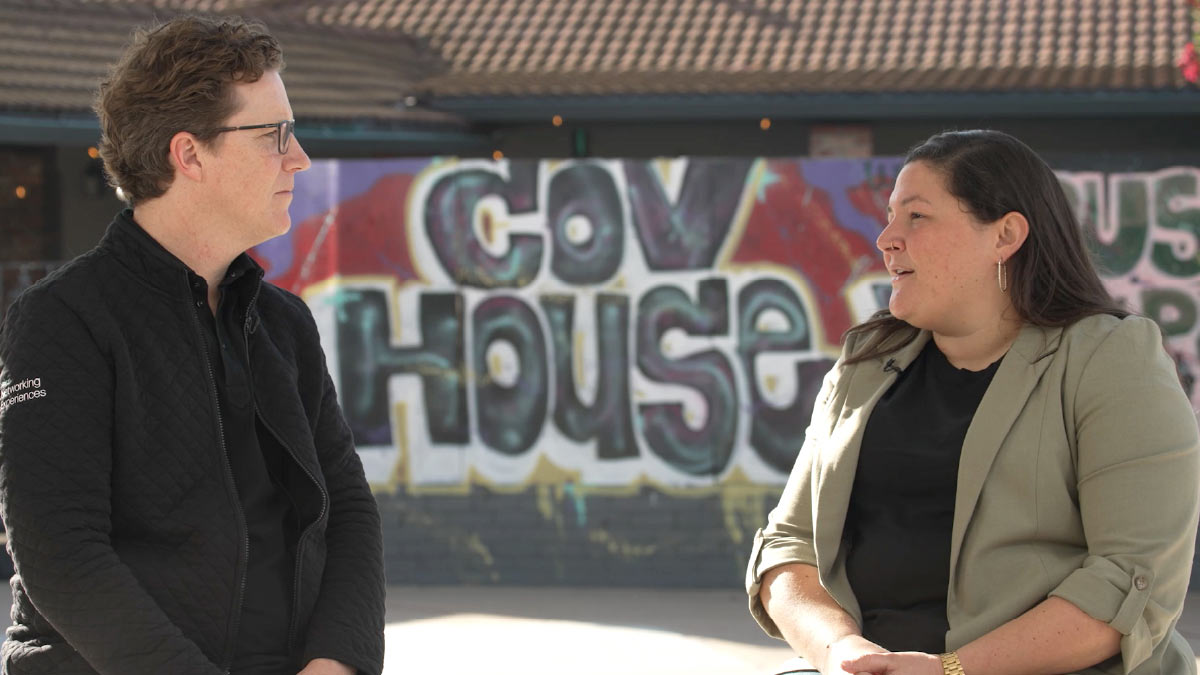São Paulo, Brazil, November 4, 2013 – In a country with continental dimensions such as Brazil, distance or difficulty of access may hinder medical care. Travelling to urban centers is often necessary for consulting specialists, and when the patient is a child, we face an even more delicate situation. Cisco is announcing today a pilot project developed with the Federal University of Sergipe (UFS) that will shorten distances and expedite service to patients. Through telemedicine – medical care via telepresence – proper care will be provided for children from rural and less populated areas in Sergipe, as well as from the towns of Lagarto and Tobias Barreto, in the Northeast region of the country, with the help of hospitals and specialists from Aracaju, capital of the state, and São Cristovão, where the UFS campus is located. The goal is to improve access to specialized care and the quality of life and services received by children and their families.
The project is part of Cisco’s global program of social responsibility called “Connected Healthy Children”, and combines the efforts of UFS, an institution acknowledged for its excellence in medical sciences, with those of medical assistance providers in the cities involved. It is also sponsored by the State Secretary of Health, Ministry of Health and City Halls of Tobias Barreto and Lagarto.
The children from Tobias Barreto and Lagarto will have their medical appointments in family health clinics monitored in real time by specialists at the University Hospital of Aracaju and the UFS campus in São Cristóvão. Medical teams will be able to jointly assess each case without having to leave their own town. Due to the quality of sound and high definition image of the Cisco’s TelePresence® telemedicine solution, specialists will be able to view and talk to the children, access lab results and aid the local general practitioner with a second opinion.
Education program
Another benefit of Cisco’s social responsibility program in Sergipe is the implementation of continuing education programs, providing distance learning opportunities to state health professionals. Through the collaboration tools Show and Share®, WebEx®, and Jabber®, it will be possible to create and manage secure video communities, schedule virtual classroom sessions, and remotely access services through mobile devices. Collaboration will enhance the knowledge and training of local assistance teams, improving their access to scientific content available at centers of excellence. As for local medical teams, engaging in collaborative efforts with specialists will increase their capability to intervene and improve decision-making processes.
The telemedicine pilot project carries a great potential to transform the reality in Sergipe. The state, although the smallest in Brazil and lacking specialists in medical assistance for children, has the specialists and the willingness to propel a transformation that may serve as a model to other states. According to the Brazilian Institute of Geography and Statistics (IBGE) 2010 census, 36 percent of the population of Brazil lives in the North and Northeast regions, with lower availability of specialists in pediatrics. These specialists are mainly concentrated in urban centers and southern cities of the country, where the average number of doctors per inhabitant rises fourfold. The implementation of the “Connected Healthy Children” project may turn Sergipe into a center of excellence for pediatric care, spreading health-promoting technology.
Besides, the impact of healthcare improvement in the lives of children and their families shall be considerable. According to studies carried by the World Health Organization (WHO), regular medical assistance allows early diagnosis and treatment, especially of chronic diseases, and can significantly decrease mortality rates of children under 5 years of age. Poor health causes developmental delays, affecting children's capacity to learn and achieve their full potential. Sick children also affect the lives of their parents and families: in order to care for them, adults – especially the less fortunate – are pulled away from work. Thus, by facilitating access to pediatric care, the joint program of Cisco and UFS in Sergipe shall transform the reality of children, along with that of their families and of the entire region
The announcement of the "Connected Healthy Children" project concludes the first phase of technology implementation. The program on family health clinics is expected to be fully operative in the coming months, further enhancing the integration between teams from the towns of Lagarto and Tobias Barreto with teams at the Federal University of Sergipe and the capital. The outcome of consults and effects of the program on children’s lives are also expected to be seen from next year on, when Cisco and UFS intend to announce the first studies on the program’s impact. The company hopes to make a standard out of Sergipe’s pilot project in the use of public health technology, transforming Brazil into a Latin-American center of an international network of children health care.
Supporting quotes
Angelo Antoniolli, dean of the Federal University of Sergipe (UFS)
“We are implementing a new campus in Largarto, of which the main aim is the support for the Unified Health System in Brazil. Cisco´s support will strengthen the actions of the Federal University of Sergipe, resulting in the implementation of a public health system more suited to the moment we experienced with the internalization of public health and medicine. In addition, Cisco will complement the pedagogical activities of the University.
The telemedicine system will serve the strategic places in the state, which need a major concern in healthcare. Largarto and Tobias Barreto cities will receive the technological tools that will enhance the activities of our professionals in these regions, where there are many technical and hospital difficulties. Our ultimate goal is to minimize the suffering of people using this mechanism."
Rodrigo Dienstmann, president of Cisco Brazil
“The Connected Healthy Children project in Sergipe is another step further in Cisco’s long term commitment with Brazil. The company’s recent investments in the country also contemplate social responsibility projects, such as this important initiative that can help the quality of life of thousands of children and families in the region.”




